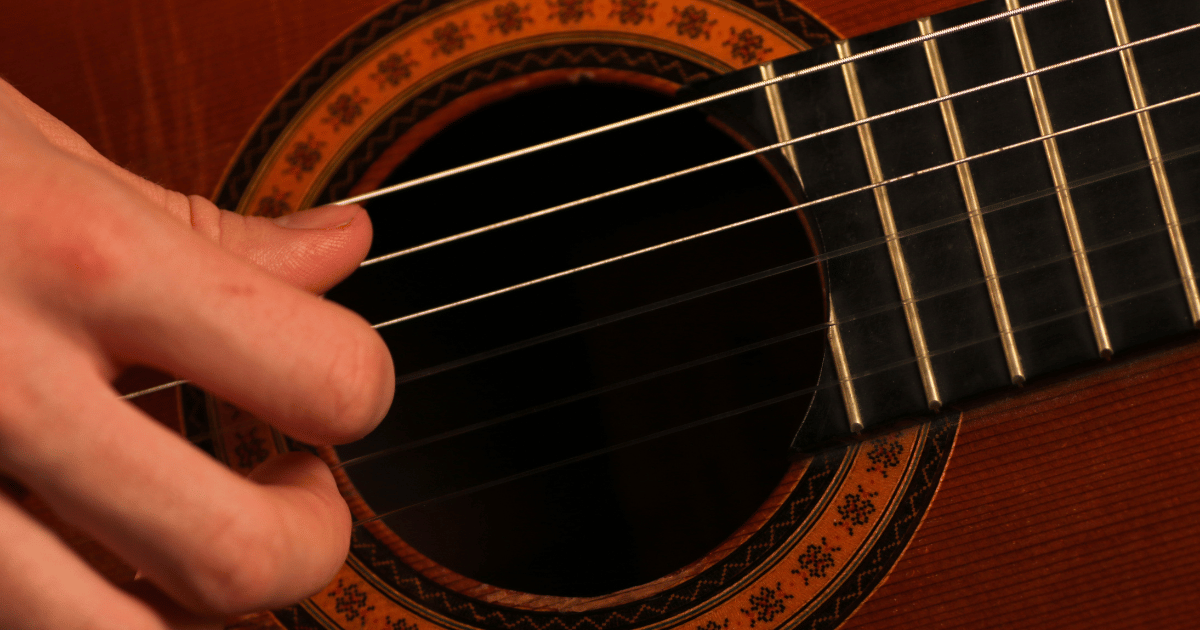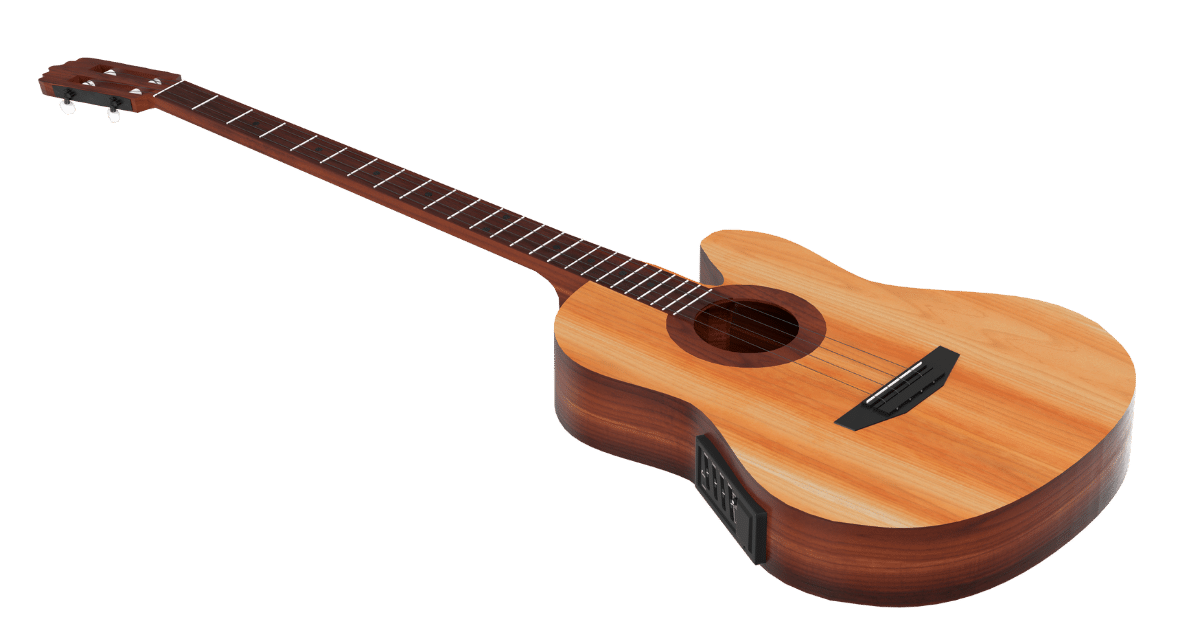
When it comes to playing the acoustic guitar, the type of strings used can greatly impact the sound and performance of the instrument. Whether you’re a beginner or a seasoned musician, choosing the right strings for your acoustic guitar can be daunting.
With many brands, materials, and gauges available, it can be overwhelming to determine which strings best fit your playing style and sound preferences. In this article, we will delve into the world of acoustic guitar strings and explore the top contenders for the title “best.”
We will examine the various factors that contribute to the quality of strings, including materials, construction, and price. By the end of this article, you will understand which strings are considered the best and how to choose the perfect set for your acoustic guitar.
So, whether you’re looking to enhance your sound or simply in search of an upgrade, read on to discover the best acoustic guitar strings on the market.
Top 5 acoustic guitar strings recommended by professionals
Choosing the right acoustic guitar strings is essential for achieving your instrument’s best sound and playability. Here are the top 5 acoustic guitar strings recommended by professionals:
1. D’Addario Phosphor Bronze Acoustic Guitar Strings – known for their warm and balanced tone.
2. Martin Authentic Acoustic Lifespan 2.0 Strings – long-lasting and produce a bright and clear tone.
3. Elixir Nanoweb Coated Phosphor Bronze Strings – coated for extended lifespan and a smooth feel.
4. Ernie Ball Earthwood Phosphor Bronze Strings – an affordable option with a warm and rich tone.
5. Fender 80/20 Bronze Acoustic Guitar Strings are budget-friendly and produce a bright and lively sound.
Durable strings for long-lasting playability
One crucial aspect to consider when choosing acoustic guitar strings is their durability for long-lasting playability.
As a musician, you want strings that can withstand frequent practice sessions, performances, and recording sessions without losing their tone or breaking easily. Investing in durable strings ensures a consistent sound and saves you time and money in constantly replacing worn-out strings.
By choosing strings made from high-quality materials and with strong construction, you can achieve a longer lifespan while maintaining excellent playability.
It is worth exploring various brands and models, prioritizing durability, and enhancing your overall guitar-playing experience.

Bright, clear tone for optimal sound
To truly elevate your acoustic guitar playing, it is essential to consider the bright, clear tone that the right set of strings can provide. A myriad of factors influences the tone of your instrument, but none more significant than the strings themselves.
High-quality acoustic guitar strings are designed to produce a clear, well-defined sound that ensures every note resonates with precision and clarity.
These strings are crafted with precision and attention to detail, utilizing materials and manufacturing techniques that enhance their tonal characteristics.
Whether you prefer a warm, mellow sound or a bright, crisp tone, selecting strings that offer optimal sound quality will enhance your musical expression and captivate your listeners.
Flexible options for different playing styles
When it comes to acoustic guitar strings, there are various options available to suit different playing styles. Whether you’re a strummer, fingerpicking, or a combination, strings are designed to accommodate your preferred technique.
For those who favor a lighter touch, lighter gauge strings offer a more delicate and responsive feel, allowing for greater nuance and control.
On the other hand, players who prefer a more aggressive and dynamic style may find that heavier gauge strings provide the necessary durability and volume to withstand intense strumming or heavy-handed picking.
FAQ
What factors should be considered when determining the best acoustic guitar strings for a particular playing style?
When determining the best acoustic guitar strings for a particular playing style, factors such as string gauge, material (phosphor bronze, bronze, or silk and steel), coating (coated or uncoated), and tone preference should be considered.
How do different materials, such as bronze, phosphor bronze, and silk, affect the tone and playability of acoustic guitar strings?
Different materials used in acoustic guitar strings, such as bronze, phosphor bronze, and silk, can significantly impact the tone and playability of the instrument. Bronze strings have a bright and crisp tone; phosphor bronze offers a warmer and richer sound, while silk-wound strings provide a smooth and mellow tone.
Are coated acoustic guitar strings worth the extra cost, and do they provide significant advantages over uncoated strings?
Coated acoustic guitar strings are worth the extra cost for their longer lifespan and resistance to corrosion and dirt buildup. They also tend to retain their tone and playability for a more extended period compared to uncoated strings.
How often should acoustic guitar strings be changed to maintain optimal tone and playability?
Acoustic guitar strings should be changed every 1-3 months, depending on how frequently you play, to maintain optimal tone and playability. Regularly changing strings helps prevent dirt and oil buildup, ensuring a brighter sound and better intonation.
What are some recommended brands or specific models of acoustic guitar strings that are known for their quality and performance?
Some recommended brands of acoustic guitar strings known for their quality and performance include D’Addario, Elixir, Martin, Ernie Ball, and Elixir. Specific models such as D’Addario’s Phosphor Bronze EJ16, Elixir’s Nanoweb Phosphor Bronze, Martin’s Authentic Acoustic Lifespan 2.0, Ernie Ball’s Earthwood Phosphor Bronze, and Elixir’s 80/20 Bronze are popular choices among guitarists for their durability, tone, and playability. It ultimately depends on personal preference, playing style, and the sound you want to achieve.

